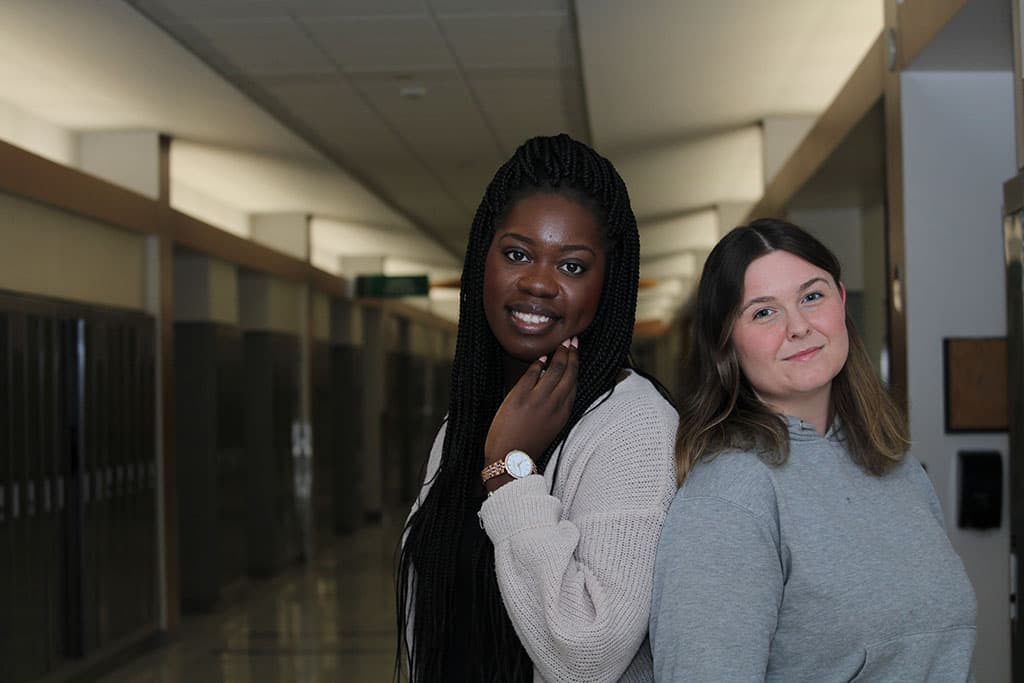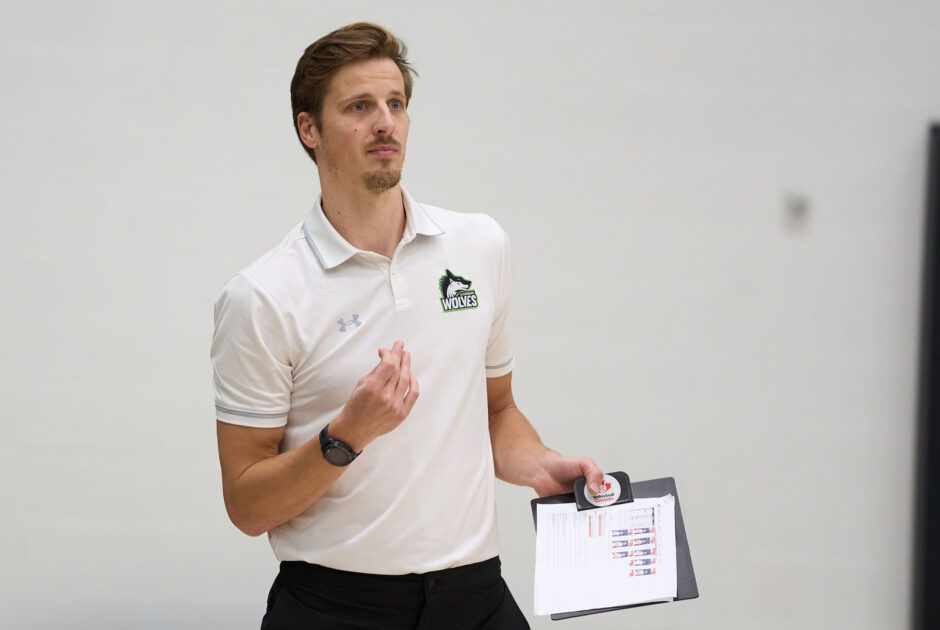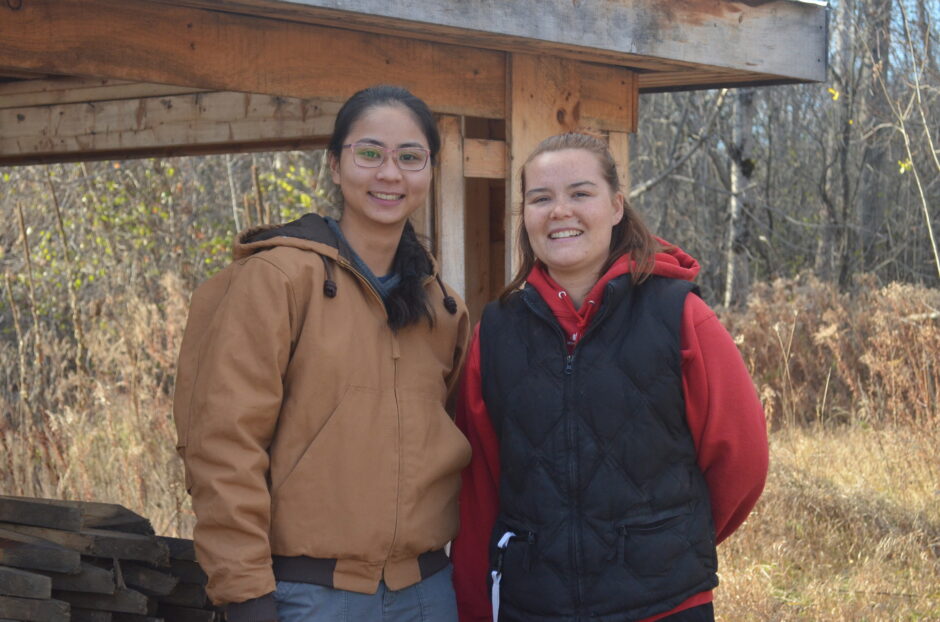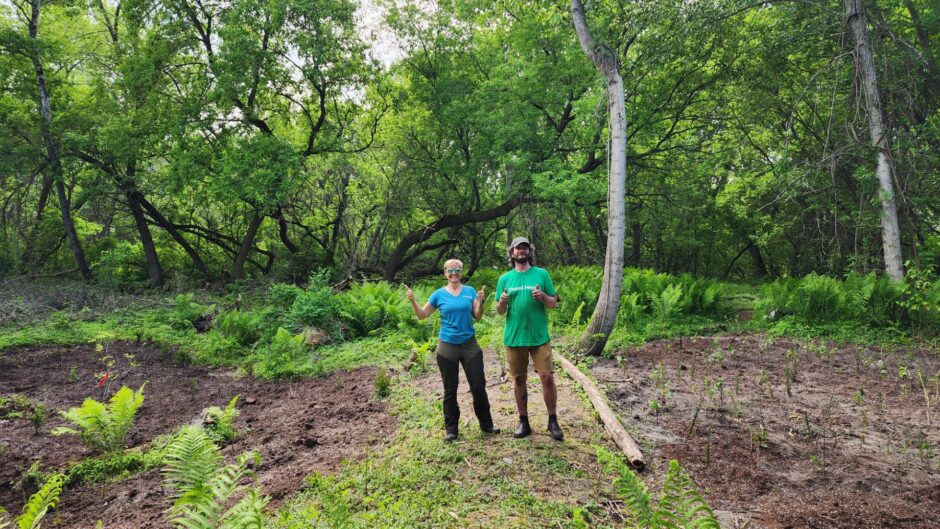Students and professors question approach to course feedback

At the end of every semester, students are encouraged to evaluate their professors’ performance, but very few of them actually complete the survey, which, some say, diminishes its value.
“It’s like people going out to vote. If you have a 90 per cent turnout, you’re getting something that represents the crowd. But if you get 10 per cent turnout, then somebody is elected that shouldn’t be there,” said Antonios Vitaliotis, professor of bartending at Algonquin College.
However, the number of students completing the survey is low.
Only seven students out of about 75 gave their feedback this past fall to Jonathan Parker, professor of local government, which adds up to about nine per cent.
“I think, if students saw value in it, they would complete it in higher numbers and they don’t,” Parker said.
Noëlla Kondo, a first-year bachelor of digital marketing communication student, only sent the feedback to the professor that she was “not the biggest fan of.”
“I barely know anybody who does (course surveys). People that I know that do them have strong opinions about the prof,” said Aleda Waddigton, a first-year bachelor of digital marketing communication student, who did not complete the survey.
Waddigton thinks that the student course feedback should be mandatory for all students to complete.
“I think, if I put my mind and time into it, I definitely could have come up with something for everyone, which is why I think that it should be mandatory. That way the professors would have had my feedback,” Waddigton said.
Vitaliotis agrees. “We’re at week so-and-so. Sit down. Give us your feedback. Up to now, what (do) you think could change? What (do) you like? What (do) you dislike?” Vitaliotis said.
If students need to be “prompted that much” then there is little value in their feedback, according to Parker. “I don’t find it [the student course feedback] useful. I don’t find this useful basically at all.”
Parker’s lowest grade of four out of five was for “presenting the material in an engaging way.”
“I think there is an eternal struggle in presenting the material in an engaging way, particularly because all the courses I teach are in the realm of politics,” Parker said.
Vitaliotis agrees that it’s harder to ask students for their feedback when it comes to less interactive courses.
“If I’m teaching accounting, it may be very hard for somebody to open their feelings and talk about things and just be like, ‘I don’t like numbers’,” Vitaliotis said.
However, Vitaliotis believes in the importance of this end-of-term ritual.
“I didn’t want, at any point, (to) make the college feel that they’re not doing their job,” Vitaliotis said.








